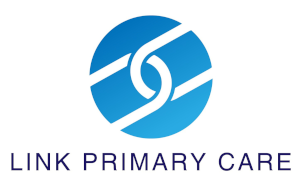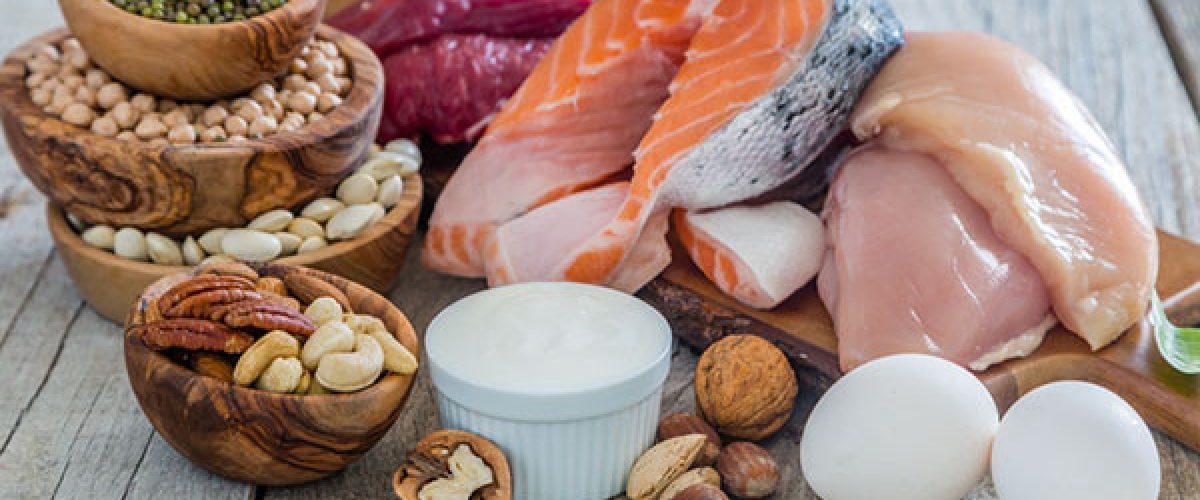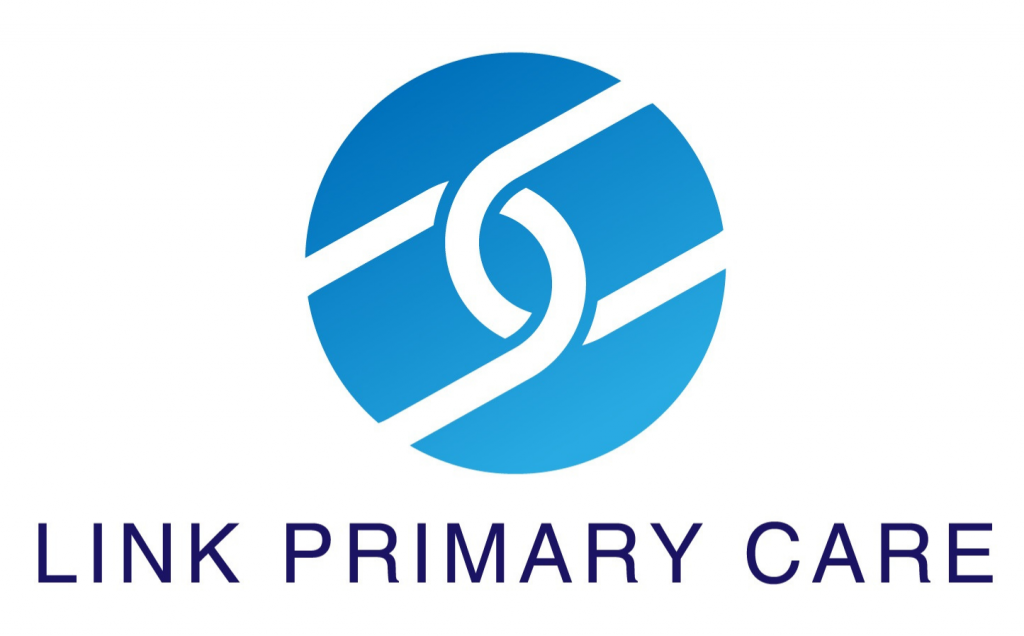Why High-Protein Diets Are Trending in 2025
From TikTok health influencers to CrossFit communities in St. Louis, high-protein diets are everywhere in 2025. People are turning to high-protein eating to lose weight, build muscle, and feel more energized. But is it right for everyone?
At Link Primary Care, we believe in personalized healthcare—and nutrition is no exception. Let’s take a closer look at the pros and cons of this increasingly popular lifestyle.
What Is a High-Protein Diet?
A high-protein diet is one that includes more protein than the typical recommended daily allowance, often making up 20-30% or more of daily calorie intake.
Common high-protein foods include:
- Chicken breast
- Eggs
- Lentils and legumes
- Greek yogurt
- Tofu and tempeh
- Fish and seafood
These diets often minimize carbs and sugars while emphasizing lean meats, plant proteins, and dairy.
The Health Benefits of High-Protein Diets
1. Weight Management: Protein can keep you feeling full longer, which reduces overeating. Studies show that high-protein diets can help reduce body fat while preserving muscle.
2. Muscle Growth and Repair: Athletes and active individuals often require more protein to support muscle recovery after workouts.
3. Blood Sugar Regulation: Protein can help stabilize blood sugar levels, which is particularly helpful for patients managing diabetes.
4. Bone Health: Adequate protein intake supports bone density and reduces the risk of fractures in older adults.
Are There Risks to Eating Too Much Protein?
Yes. Like any nutritional strategy, high-protein diets come with considerations:
- Kidney strain: High protein intake can be hard on kidneys, especially in those with pre-existing kidney disease.
- Nutrient imbalances: Cutting carbs too drastically can result in deficiencies in fiber, vitamins, and minerals.
- Digestive issues: Too much meat or dairy can lead to bloating or constipation.
How Much Protein Do You Really Need?
Protein needs vary by age, activity level, and health goals. Here’s a general breakdown:
- Sedentary adults: 0.8g per kg of body weight
- Active adults: 1.2–2.0g per kg
- Older adults: May benefit from higher intake to preserve muscle mass
At Link Primary Care, we help patients determine their individual protein needs based on their lifestyle and medical history. Dr. Bereda works with our care team—including medical assistants Annette Copeland and Casey Yehling—to create tailored health plans.
How Direct Primary Care Supports Nutritional Wellness
Unlike traditional healthcare models that rush patients through appointments, Link Primary Care offers:
- Same-day appointments
- Quality time with your physician
- Personalized care plans for diet, exercise, and chronic condition management
We focus on trusting relationships and excellence in clinical care. Whether you’re starting a new diet or managing a chronic illness, our team is here to support you every step of the way.
Patient Story: From Fatigue to Fitness
One of our patients, a 34-year-old engineer from St. Louis, came to us feeling constantly tired and unable to lose weight.
“I felt heard for the first time. Dr. Bereda took the time to understand my lifestyle and gave me a plan that actually works.”
Is a High-Protein Diet Right for You?
The best way to know is to talk to your doctor. Every body is different. At Link Primary Care, we make it easy to get the care you deserve—without long waits or confusing insurance bills.
Schedule a one-on-one consultation with Dr. Jeffrey Davis using the following link:
https://calendly.com/jeffreydavis-linkprimarycare/link-primary-care-meeting
Get more information on our website at linkprimarycare.com


